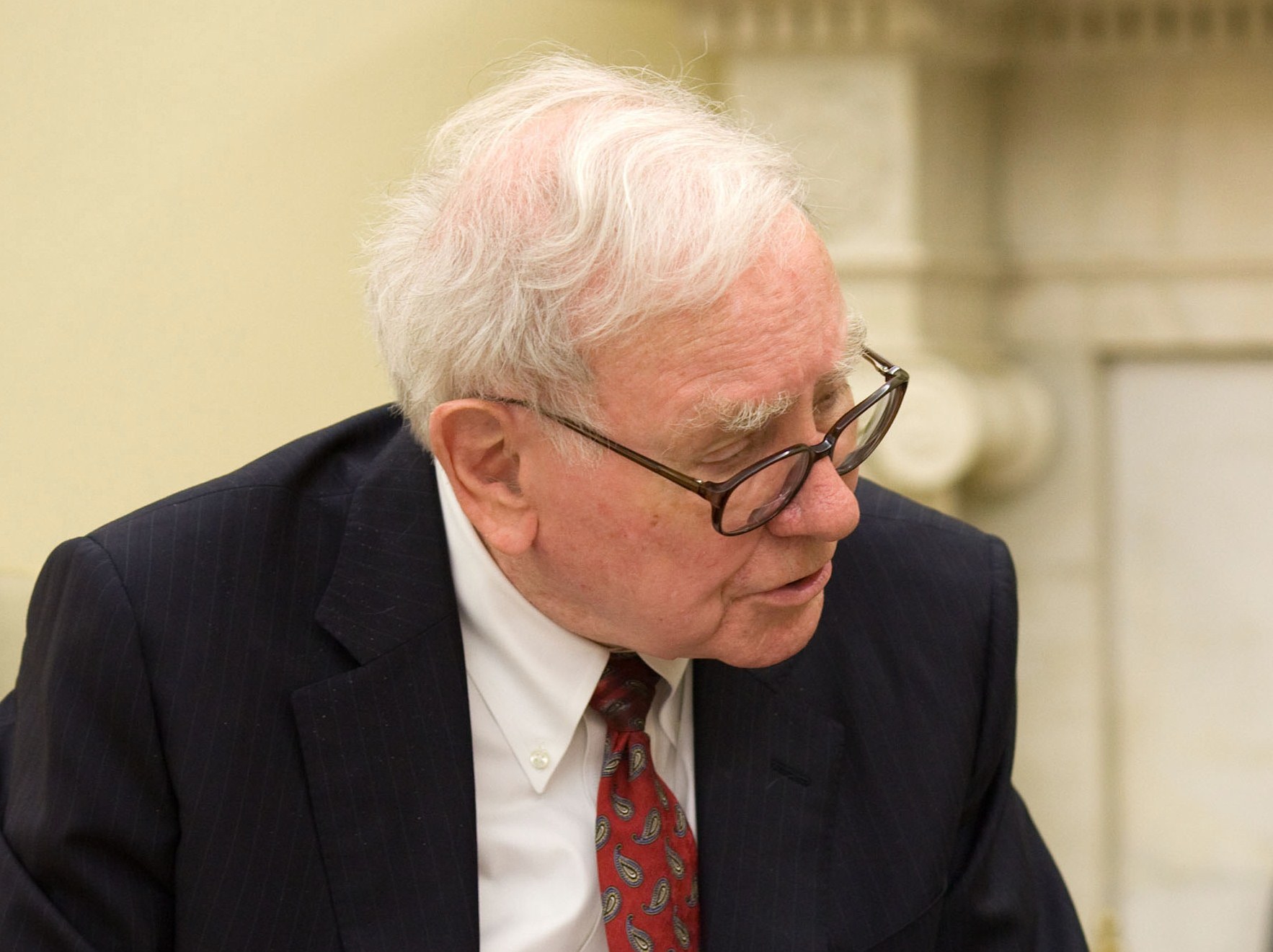Industrials
2014 Conglomerate Watch: Hard for Warren Buffett and Friends to Repeat 2013
Published:
With the S&P 500 up about 28% and the Dow Jones Industrial Average up about 27% so far in 2013, it is going to be very hard to expect a repeat in 2014 from many of the key stocks. That may be especially true for the large diversified conglomerate stocks, particularly for Warren Buffett and Berkshire Hathaway Inc. (NYSE: BRK-A). 24/7 Wall St. wanted to look at a review of the sector for Warren Buffett and his peers.
The performance of conglomerates has been more than impressive. Berkshire Hathaway Inc. (NYSE: BRK-A) was up just over 30% year-to-date in 2013 as of Monday. Warren Buffett’s shares had outperformed other conglomerates, but that is no longer the case. It seems that at 174,800, the stock needed to pull back now that the 52-week and all-time high was up 4,000 higher.
Perhaps the largest issue we have seen was that Berkshire Hathaway’s book value per share, the key Buffett says he should be measured by, was up 11% for the year in the company’s last earnings report. That compared to a share price gain of 29% at the time for the A-shares and 27% for the B-shares. We pointed out how this was a serious disconnect.
Coming into Monday, the three major conglomerates had easily outperformed the DJIA, the S&P 500 index and also Mr. Buffett. General Electric Co. (NYSE: GE) was up about 34.5%, United Technologies Corp. (NYSE: UTX) was up almost 38% and 3M Co. (NYSE: MMM) was up right at 50%. Several interesting things have taken place in 2014 that could make 2014 an interesting year for conglomerates.
GE and 3M both raised their dividends by more than we expected. GE still handily leads 3M in dividends, yielding 3.2%, versus about 2.6% from 3M. Berkshire Hathaway has no dividend, and now United Technologies is way behind the dividend game at about a 2.1% dividend yield. GE is becoming a larger stake for Berkshire Hathaway as well.
Share prices have been handily gaining at the big three conglomerates too. 3M Co. (NYSE: MMM) has jumped to all-time highs of more than $135 per share, just above its consensus price of about $134.50. Some analysts now see $140 to $150 as realistic for 3M in 2014, and 3M’s premature and handy dividend hike is luring investors. 3M is only about $8 billion short of the mega-cap valuation of $100 billion.
General Electric still has a lot going for it. Shares have recently hit a new multiyear and post-recession high of $27.50. Analysts have a consensus price target of almost $28.75, and we have even outlined the path for GE to get back to $30 in its stock priced in 2014. GE has outlined its plans for the consumer finance operations, and now it will be much easier for analysts to evaluate it as an industrial conglomerate with a market premium rather than with the discount due to such large “bank and finance” operations under the same roof.
United Technologies Corp. (NYSE: UTX) is now worth just over $100 billion. Trading at about $111, the conglomerate has a consensus price target of closer to $119, and some analysts see a share price of $125 to $128 as likely in 2014. Unfortunately, investors probably will have to wait longer for the company to lift its dividend because this last payout of $0.59 was the first at that level. The $2.36 annualized payout is only about 34% of next year’s normalized earnings, making it look very unattractive from a dividend lover’s perspective.
The reality is that conglomerates did even better than the broad stock market in 2013. That will be hard to expect in 2014, even if the admission is made that anything is possible. Berkshire Hathaway’s valuation actually may have some catch-up room, but Buffett has the same financial overhang that GE has due to such a wide degree of insurance exposure. GE is restructuring itself, but the same is not likely to occur under Buffett.
If you’re one of the over 4 Million Americans set to retire this year, you may want to pay attention. Many people have worked their whole lives preparing to retire without ever knowing the answer to the most important question: am I ahead, or behind on my goals?
Don’t make the same mistake. It’s an easy question to answer. A quick conversation with a financial advisor can help you unpack your savings, spending, and goals for your money. With Zoe Financial’s free matching tool, you can connect with trusted financial advisors in minutes.
Why wait? Click here to get started today!
Thank you for reading! Have some feedback for us?
Contact the 24/7 Wall St. editorial team.